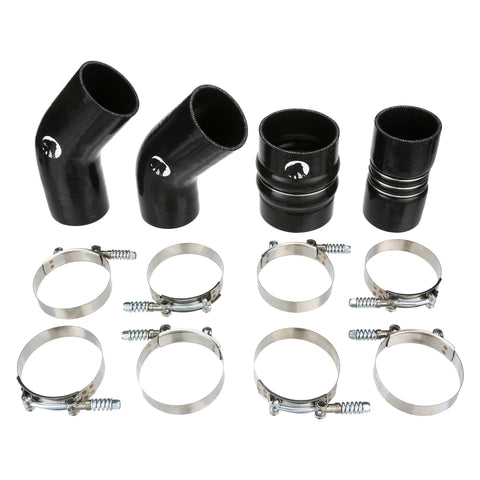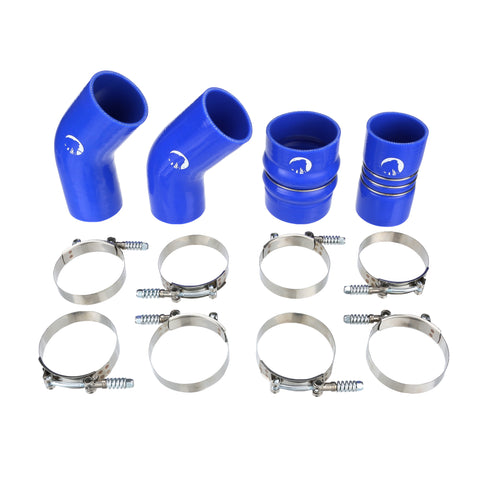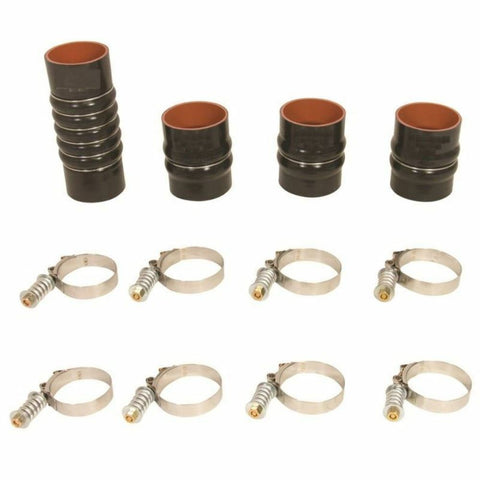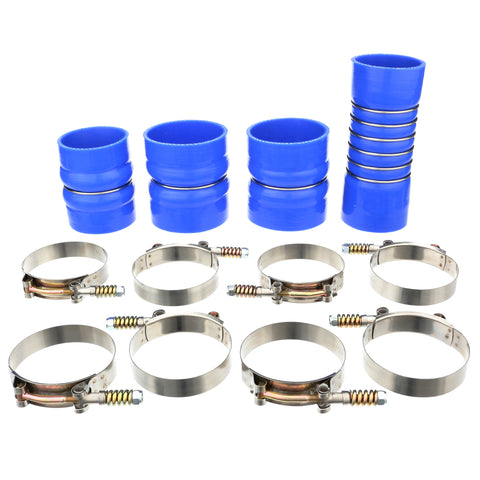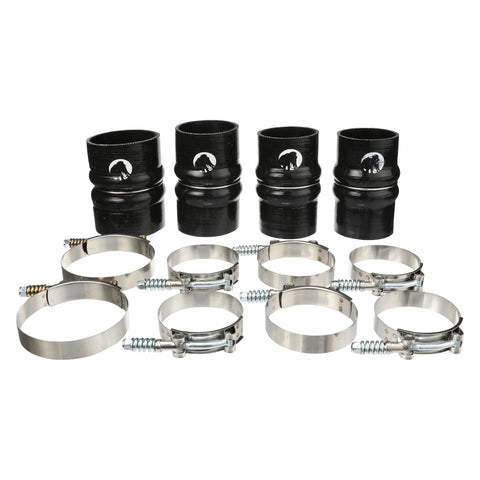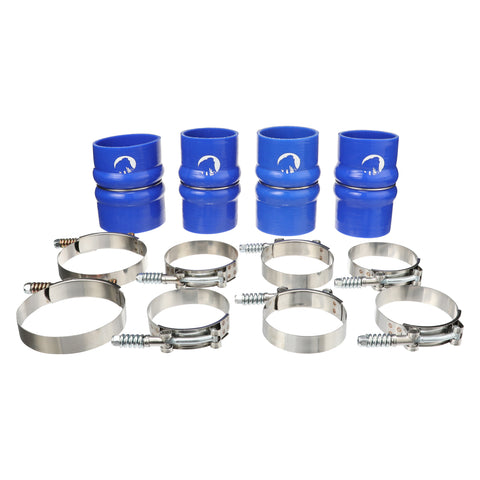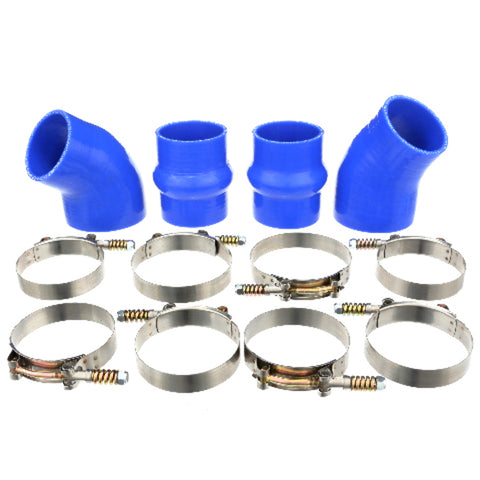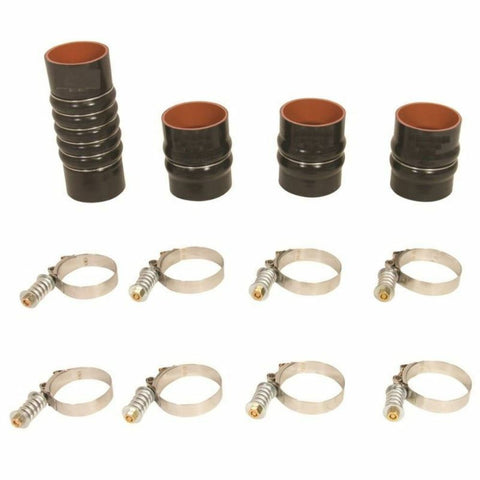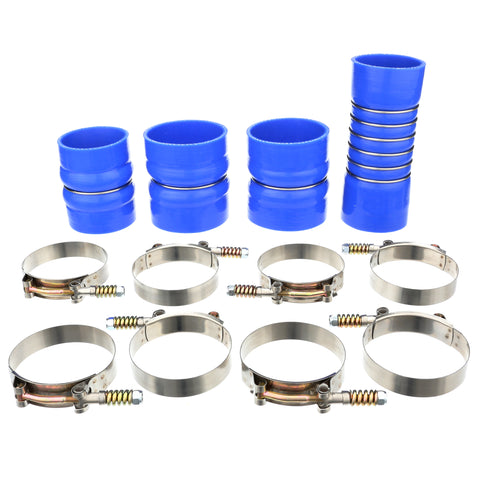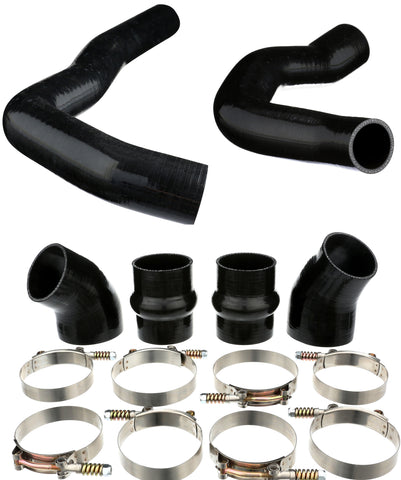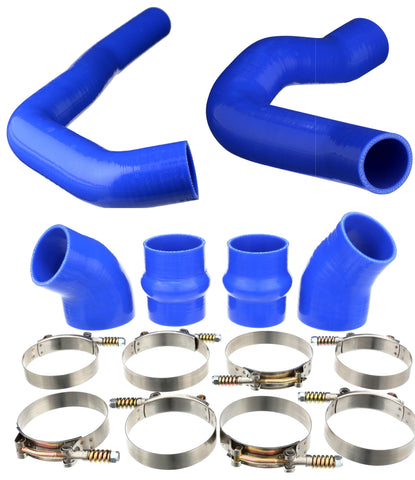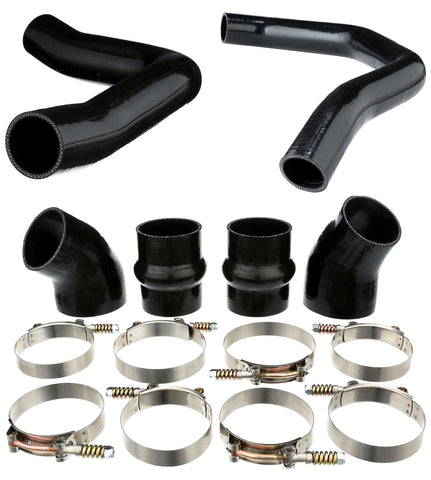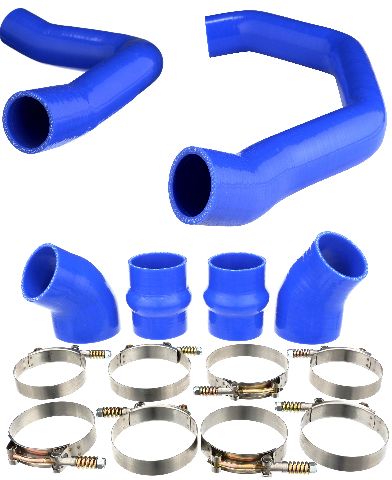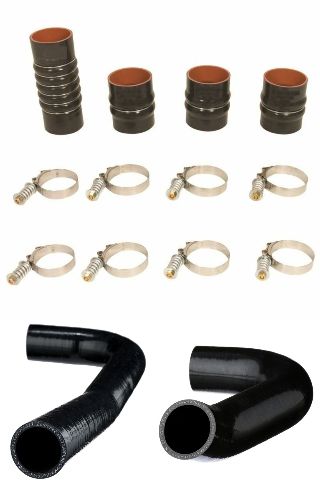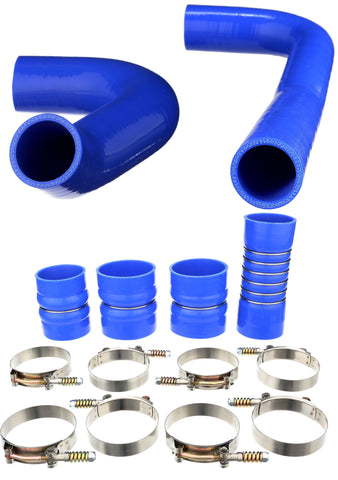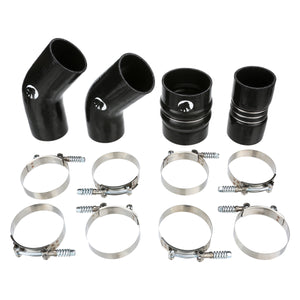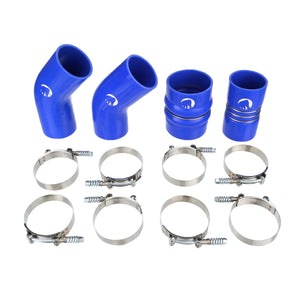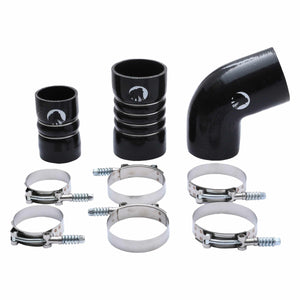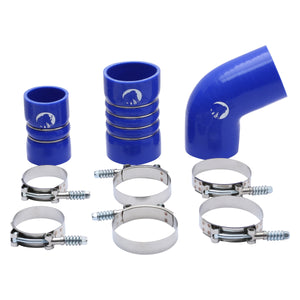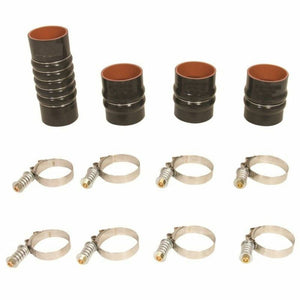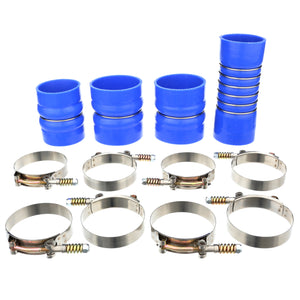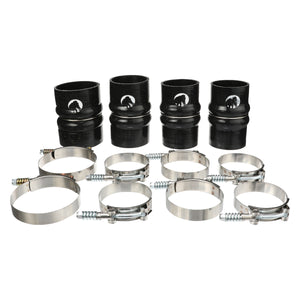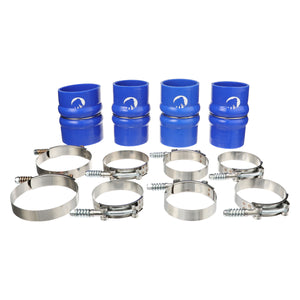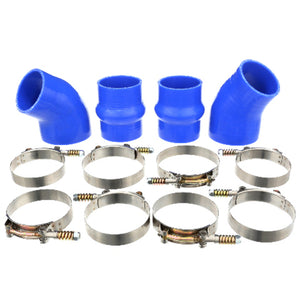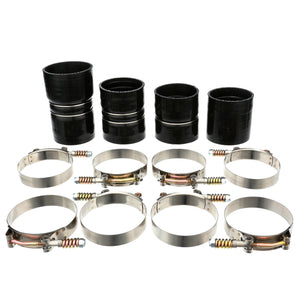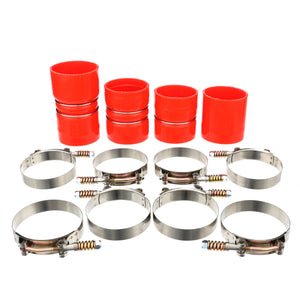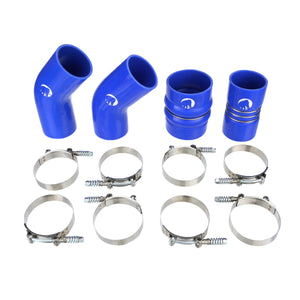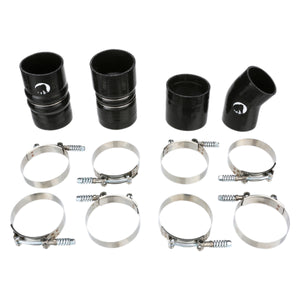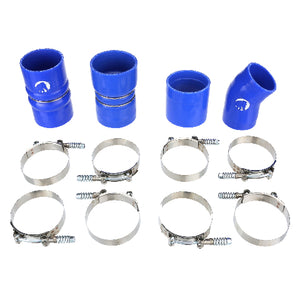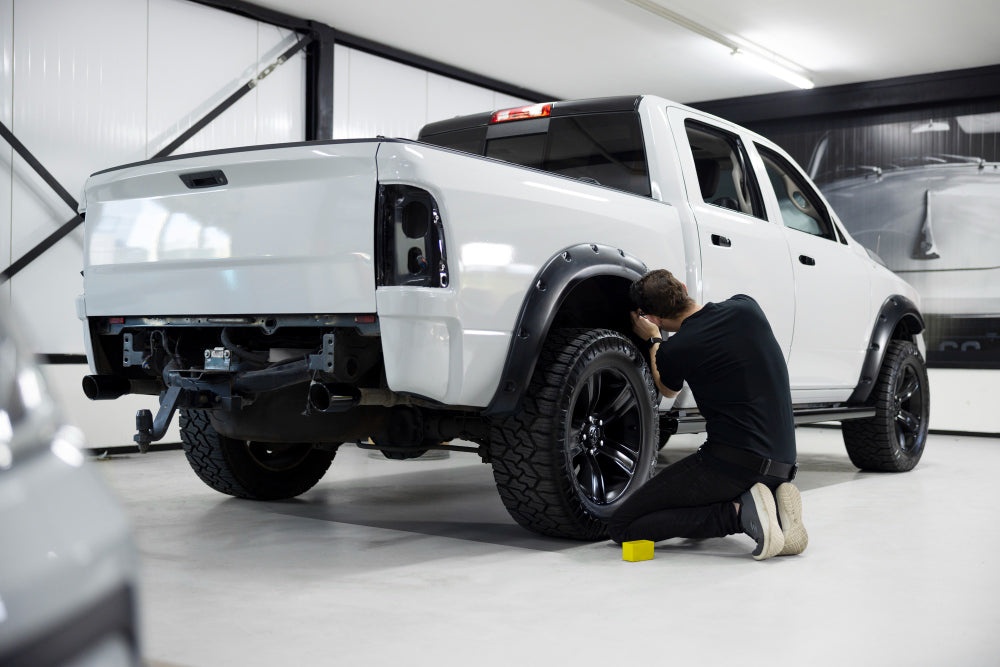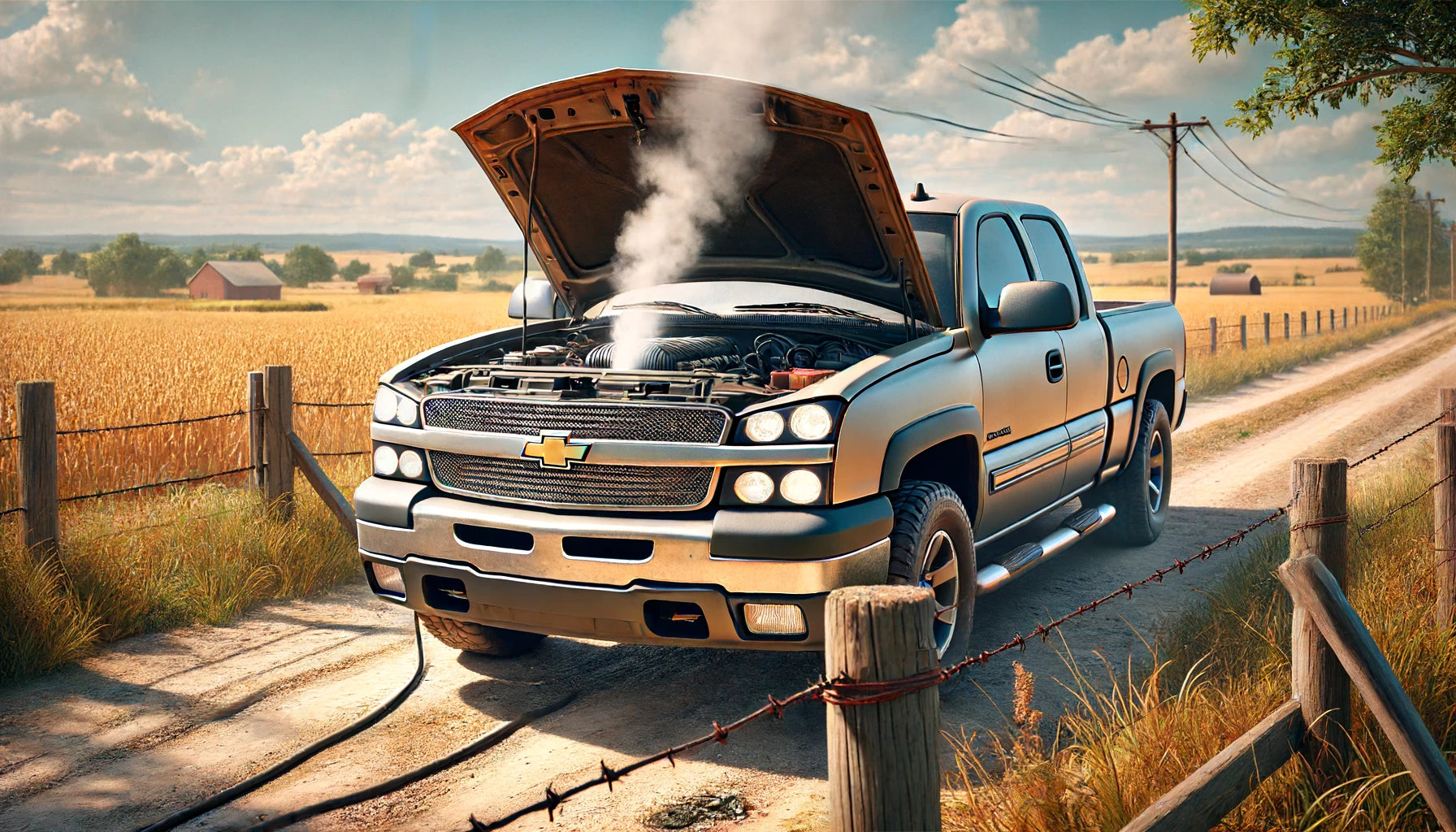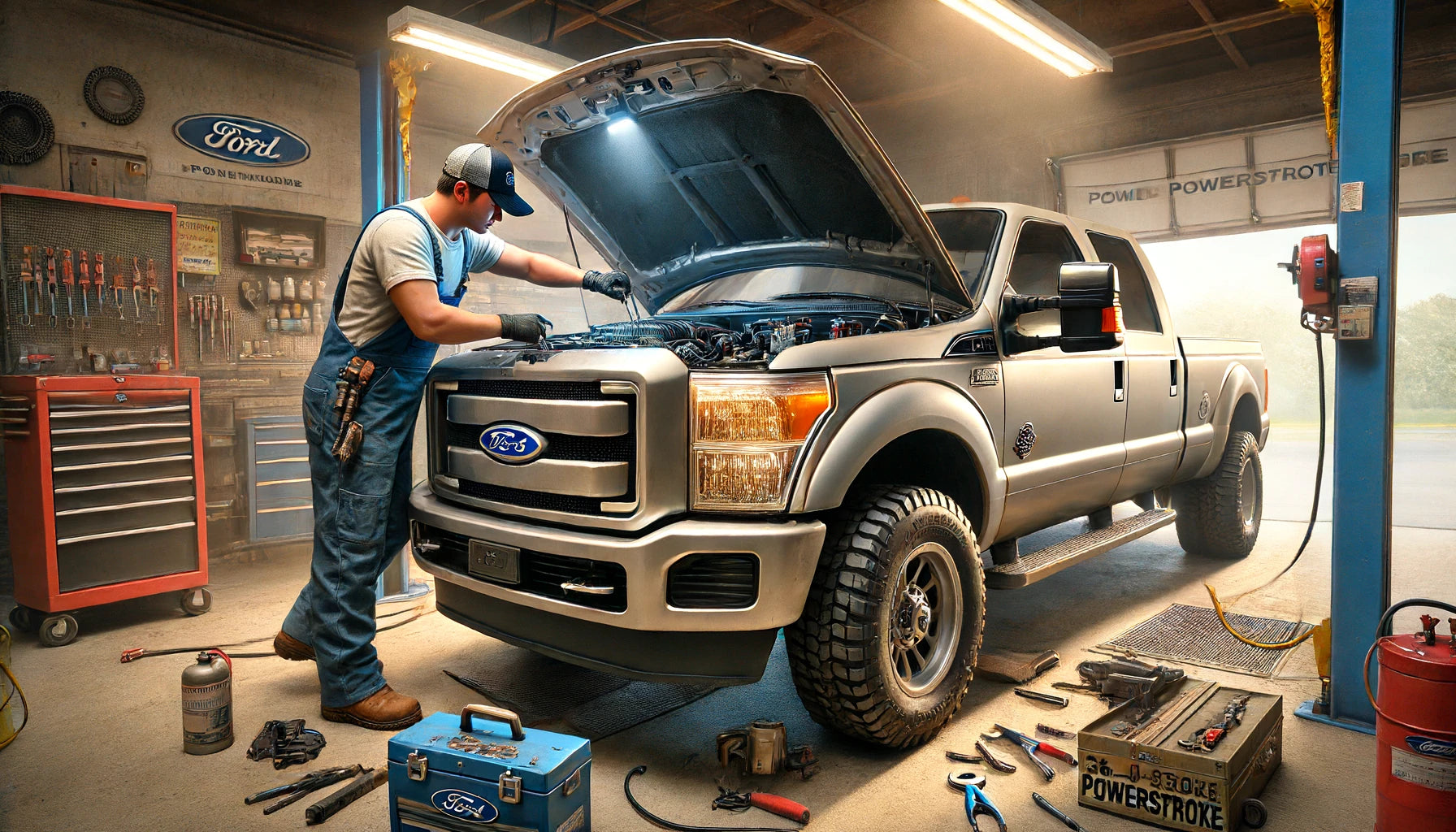Different Types of Automotive Hoses: What You Should Know
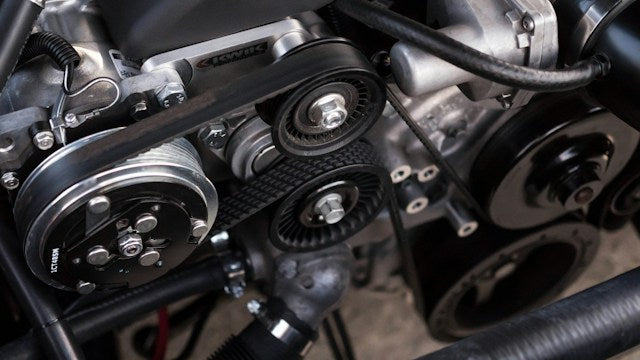
Table Of Contents
Hoses in cars may seem like hidden helpers, but they're vital for keeping your vehicle running smoothly. These flexible tubes do everything from moving fluids to regulating temperatures. In this article, we'll break down the different types of hoses in cars and why they matter. Understanding these essential components will help you grasp the lifelines that keep your car in top shape. Join us as we explore the world of car hoses and their crucial roles under the hood.
Understanding Types of Automotive Hoses
Role of Hoses:
- Fluid Circulation:
Transfer coolant, fuel, brake fluid, transmission fluid, power steering fluid, and windshield washer fluid.
- Temperature Regulation:
Transport coolant between engine and radiator.
Prevent engine overheating.
- Power and Control:
Assist vacuum system, brake booster, HVAC controls.
Transmit hydraulic pressure for power steering.
Materials in Automotive Hose Construction:
- Rubber:
Flexible, durable, heat and chemical resistant.
Inner tube made of synthetic rubber, reinforced with fabric or wire.
- Silicone:
Heat resistant, ideal for coolant hoses.
Flexible, resistant to aging, ozone, and weathering.
- Thermoplastics:
Nylon or polyurethane, chemical resistant, durable.
Common in fuel and brake systems.
- Metal:
Stainless steel, used for high-pressure or extreme temperatures.
Durable and corrosion-resistant.
- Composite:
Combine materials like rubber and fabric or rubber and metal.
Enhance flexibility, chemical resistance, and durability.
Types of Hoses in Cars
Radiator Hoses
Radiator hoses help keep your engine cool by carrying coolant between the engine and the radiator. Check and replace them regularly to prevent leaks and make sure your engine stays at the right temperature.
Heater Hoses
Heater hoses warm up the air inside your car by circulating hot coolant to the heater core. Keep these hoses in good shape to ensure your vehicle heats up properly in colder weather.
Fuel Hoses
Fuel hoses deliver gas from the tank to the engine for combustion. Regularly check and replace them to prevent leaks and maintain a reliable fuel supply to your engine.
Brake Hoses
Brake hoses are crucial for your car's brakes, connecting the calipers to the brake lines. Check them often for wear or leaks to ensure your brakes work properly and keep you safe on the road.
What to Consider When Choosing Hoses?
Selecting the right hoses for your specific application involves several important considerations to ensure optimal performance, safety, and longevity.
Here are key factors to keep in mind:
Material Compatibility:
Ensure that the hose material is compatible with the fluids it will come in contact with. Different hoses are designed to handle specific types of liquids, such as coolant, fuel, or chemicals.
Boost your vehicle's performance with Mammoth Parts Silicone Hoses – built tough to handle heat and backed by a lifetime warranty. Whether it's keeping your engine cool or maximizing power, our hoses deliver confidence on the road.
Temperature Range:
Consider the temperature conditions the hoses will face. Choose hoses that can withstand the expected temperature extremes in your application without compromising their integrity.
Pressure Rating:
Determine the maximum pressure the hoses will be subjected to in your system. Select hoses with a pressure rating that comfortably exceeds your application's requirements to prevent hose failure.
Flexibility and Bend Radius:
Evaluate the flexibility of the hoses and ensure they can bend to the required radius without kinking. This is crucial, especially in applications where hoses need to navigate tight spaces.
Size and Diameter:
Choose hoses with the appropriate size and diameter for your specific application. The right size ensures efficient fluid flow without causing unnecessary pressure drops or restrictions.
Reinforcement Type:
Hoses may have different reinforcement materials, such as fabric, wire, or both. Consider the level of reinforcement needed based on the pressure and mechanical stresses the hoses will face.
Abrasion Resistance:
In applications where hoses may come into contact with abrasive materials or surfaces, opt for hoses with high abrasion resistance to prolong their lifespan.
Chemical Resistance:
Verify that the hoses are resistant to chemicals present in the system. Choose hoses that won't degrade or react negatively with the fluids they will handle.
Ease of Installation:
Consider the ease of installation, especially if you plan to install or replace the hoses yourself. Some hoses come with features like flexible construction or quick-connect fittings for simplified installation.
Longevity and Maintenance:
Assess the expected lifespan of the hoses and factor in the maintenance requirements. Choose hoses that align with your preference for longevity and ease of maintenance.
Industry Standards and Certifications:
Ensure that the hoses meet industry standards and certifications relevant to your application. Compliance with standards indicates that the hoses have been tested and approved for specific performance criteria.
FAQs about Types of Hoses in Cars
How often should hoses be replaced?It's recommended to inspect hoses regularly and replace them every 3-4 years or if signs of wear, cracks, or leaks are visible.
Can I use any hose for my car?
No, use hoses specifically designed for your car's needs. Check the vehicle manual for the right hose specifications.
Are there performance differences in hose materials?
Yes, different hose materials have varying heat resistance, flexibility, and durability. Choose materials that match your specific usage and environmental conditions.


